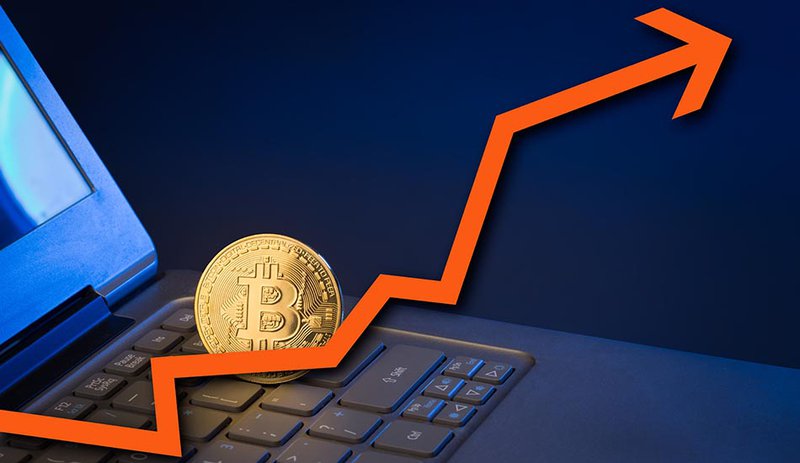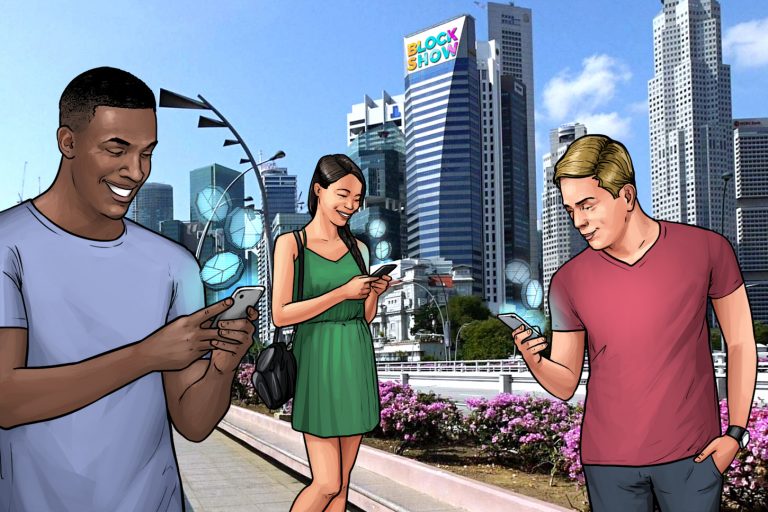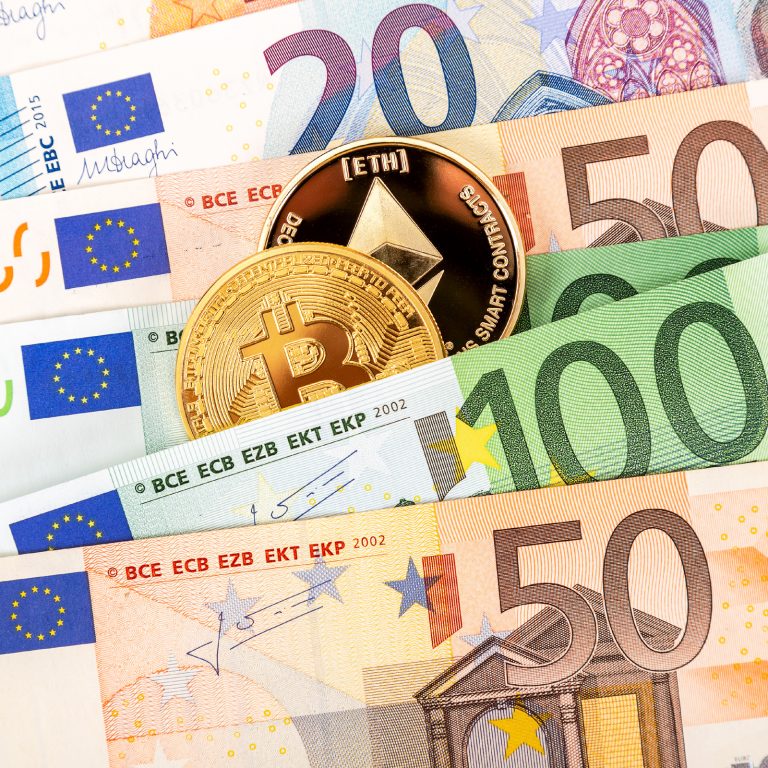2020-6-11 12:56 |
Just like every four years, the time for Americans to head to the polls to vote in a new president will come this fall. Will it really be like the other years though? Following 3 years of the Trump Administration (including its tweets) that’s equally been facing the coronavirus pandemic, a recent public opinion survey showed a shocking result. When asked what they thought was the most important problem the country is facing, « Dissatisfaction / poor leadership » was by far the most common response (no comment)… Sure enough, this election promises to be a one-of-a-kind event! Election officials are already thinking about a safe way to organize the polls, both for US citizens and democracy. Seeing that the previous one – held under « normal » circumstances – was influenced by external forces including a potential cyber-attack, it’s going to be a tough job. Let’s take a closer look at one of those not-so-utopian solutions.
Imagine…You’ve just woken up from a deep sleep. One big yawn, two stretches, a cup of coffee and both eyes on your news feed. You’re ready to start your day. Hold on! It’s election day! Alex and Jo are expecting you at 11:30 on FaceTime! Presidential elections are a sharing moment!
« Hey Siri, have my ID info and election registration been authorised?” Affirmative. You grab your smartphone, open the official voting app and log in while calling your friends. Everything is ready. “How are you?” They are good too. Last passionate debate about voting intentions. The choice was difficult. Presidential candidates’ campaigns have been crazy! Full of crowded rallies, hologram concerts, desperate screaming, angry slogans and tears. But today is the big day.
Time to cast your vote! Back to the app, both Biden and Trump’s faces are visible. You can swipe to read the outline of their program one last time. Which button do you choose? No more hesitation. 3, 2, 1, you press it! Loading… Vote cast! Alex’s yelling « let’s follow election results on-line! ». Just one more thing: you retrieve your vote and check that it’s been counted. You hang up. One last hug to your cat and a last sip of coffee. It’s 11:40, shower time.
Online voting, a not-too-distant futureBelieve it or not, online voting already exists in the US… via fax, email or web portal. No kidding. Such a voting system looks like something out of a movie from the late 90s and concerns at least 3 million of US overseas voters – mainly military and expats – to which must be added disabled voters from some states. An increasing number of states are then launching their mobile voting application using blockchain technology, such as West Virginia in 2018. This is a much more secure way to vote while preserving voter anonymity (hum… should I use my yahoo or gmail?) as well as ensuring transparency of the counting and tabulation processes. Although these apps are reserved for voters who fall under specific legal conditions, mass adoption is only one step away!
The average citizen could provide a long list of pain points in their way to the polls. Frustrations about wasted time from standing in the queue to the voting booth, paper waste, doubt about human counting – and now more than ever: social distancing and sanitary measures. Not to mention the costs that could be spent elsewhere (let’s say education or healthcare), the lack of commitment from voters and the rise in abstention. Well, no doubt that the traditional voting system you know so far is outdated and needs to be revamped. Fortunately, the situation is far from being hopeless: more and more voices are calling for a revamped digital voting process. Even the most traditional political actors – aka Congressmen – are rethinking « tradition-shattering idea of voting remotely » under the pressure of the pandemic. Sure enough, the move to online voting is becoming inevitable. It’s already happening and needed (if not demanded) by more and more voters. The debate is not on the « if » but rather on the « how », in order to build a system, it must combine security, privacy and transparency – the 3 pillars of a democratic election.
The question is not if, but howVoting is not like banking or shopping! If the voting technology is vulnerable, it may have the potential to influence the outcome of a national election – and even the future of not only the country, but the entire world. And we already know what the consequences are (thanks Mark for being “sorry”). An online voting system needs to ensure flawless security, complete citizens’ privacy while allowing for greater election transparency and efficiency. This is where the potential of blockchain comes into play! Simply put, blockchain technology is a huge decentralised data storage with a public ledger of transactions which allows and records any kind of transactions – monetary, property or ballot – ensuring complete transparency. And all transactions completed on the blockchain are verified and signed with cryptography, providing security and anonymity.
Such an opportunity that some have already seized! Voatz, the voting app powered by blockchain used in West Virginia, Utah and other states has been created in 2015 by two SXSW hackathon winners. Follow My Vote is a public benefit corporation offering the same voting facilities while going further! It “allows for an indecisive voter to return to the system and switch his or her votes at any time before the election deadline closes”. If massively used, this feature could revolutionize the current two-party system by providing voters with more freedom to vote for a third party!
As it has been the case with the centralized financial system and cryptocurrencies, blockchain technology has once again the potential to change the rules of a two-party political system that may also be outdated. In the context of global loss of confidence in public institutions and the political system itself, it could give power back to citizens, removing spatial, temporal or even mobility constraints. Time will tell! But what is certain is that leveraging blockchain technology today could empower a secure, transparent and anonymous federal online voting system. One that would strengthen the democracy and make it more resilient to unprecedented situations to come like the one we are facing today.
Bitcoin price in Telegram @btc_price_every_hour
LikeCoin (LIKE) íà Currencies.ru
|
|






























